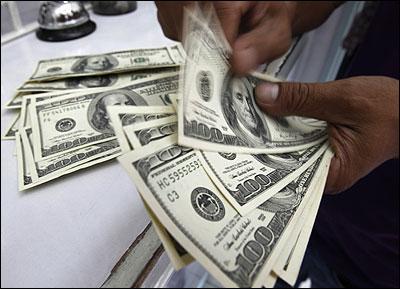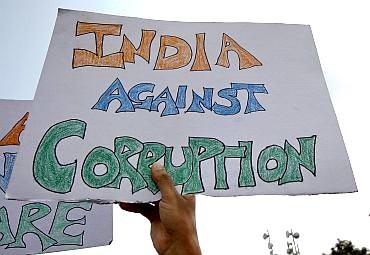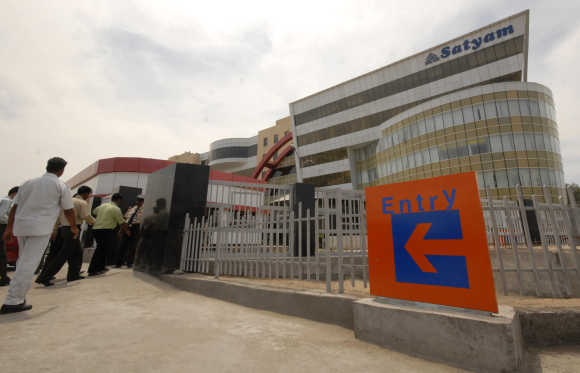 | « Back to article | Print this article |
Of Barclays and other corporate scandals
The poor level of corporate as well as individual accountability needs to be addressed, says TN Ninan
This has been a season for corporate scandal.
There is Barclays, which (along with other banks) gave out false numbers in the London financial market, so that its health would look better than it was.
The bank now has to pay a penalty of $450 million, and its top three executives have resigned; more heads may roll -- including at other banks.
Then there is GlaxoSmithKline, which in various ways mis-sold eight or more drugs and withheld vital information, for which it now has to pay a huge fine of $3 billion.
There is also the report on how JPMorgan Chase was busy pushing its own mutual fund products, to the detriment of clients whose money the bank was managing.
Click NEXT to read further. . .
Of Barclays and other corporate scandals
The same company is under investigation for whether it manipulated power markets, to inflate electricity costs.
Some of these cases have a resonance here in India, where the most notable regulatory action has come from the Competition Commission.
Eleven cement companies have been found guilty of rigging prices, and have been asked to pay Rs 6,300 crore (Rs 63 billion) in what is effectively a disgorgement order.
Corporate scandals are not new, here or anywhere else; there was a spate of them some years ago when Enron stood exposed and then imploded.
Closer home, there was Satyam.
Click NEXT to read further. . .
Of Barclays and other corporate scandals
And the financial sector showed itself to be fundamentally untrustworthy once the financial crisis erupted.
It has become clear to all but the willfully blind that highly-paid managers did not understand the complicated financial 'products' that they were selling and buying, and top managements were clueless about the risks attached to their business models.
And as the Barclays case further shows, the prospect of big incentive payouts does cloud judgement and conduct.
But there is an interesting difference between the fallout of scandal here and elsewhere.
Click NEXT to read further. . .
Of Barclays and other corporate scandals
At Barclays and at News International (Rupert Murdoch's law-breaking publishing company), senior executives have paid for their actions by losing their jobs, and in some cases face criminal prosecution.
In India there has been a clamour for booking Warren Anderson, head of Union Carbide at the time, for the Bhopal gas disaster, and in the Satyam case Ramalinga Raju and several others went to jail instantly, pending trial.
In the case of the cement companies, however, the penalty is only on the firms, whereas the managers in the companies who organised the cartel, and who are responsible for a situation in which the companies have been asked to pay Rs 6,300 crore (Rs 63 billion) as penalty, have gone scot-free.
Click NEXT to read further. . .
Of Barclays and other corporate scandals
One could ask why.
Surely, the top executives should be penalised too, and shareholders should be demanding that heads roll since it is their money that is being paid out.
There is also the demonstration value of going after high-profile cases. Rajat Gupta's conviction on the charge of insider trading has brought home the high personal risks attached to such misbehaviour, and forced India's stock market regulator to realise that it has been treating cases of insider trading like little more than parking violations.
Finally, there is the case for tighter regulatory oversight.
Click NEXT to read further. . .
Of Barclays and other corporate scandals
The pharmaceuticals business in India has been guilty of mis-selling, price gouging and bribing doctors for decades.
Yet no drug company or its chief has ever been penalised.
The partially privatised electricity business has already seen enough action to suggest that the regulators are not doing their job well.
The life insurance business stored up many skeletons in its cupboard until the sector regulator stepped in with a hammer.
The mining scandals in several states point to non-existent regulatory oversight.
One could go on, but the point should be clear.
The poor level of corporate as well as individual accountability needs to be addressed.






